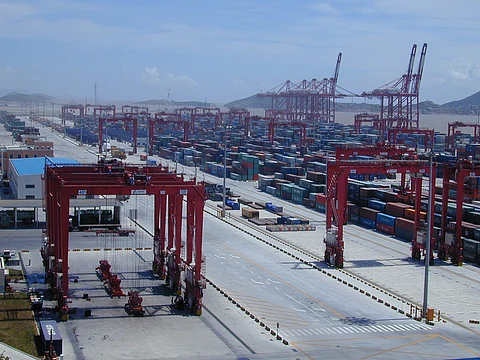

South Korea will dispatch a high-level trade delegation to China next week as both nations look to strengthen economic cooperation in the wake of U.S. President Donald Trump’s tariff measures. The visit, set for August 24–27, reflects growing efforts by Seoul to diversify its trade partnerships and reduce reliance on the U.S. market amid increasing trade frictions.
The delegation, representing newly elected South Korean President Lee Jae Myung, will meet with Chinese Foreign Minister Wang Yi to discuss bilateral trade and strategic cooperation, according to presidential spokesperson Kang Yu-jung. China welcomed the initiative, with its Foreign Ministry issuing a statement on Friday that emphasized the importance of stable ties: “A healthy, stable and continuously deepening China-Republic of Korea relationship is in the fundamental interests of the two peoples and is also conducive to peace, stability, development and prosperity in the region and the world.”
Seoul echoed this sentiment, with Lee’s spokesperson noting that the delegation would deliver a personal message from the president emphasizing the continued growth of the countries’ strategic partnership.
Earlier this year, South Korea—despite being a U.S. ally—was subjected to a 25% tariff under Trump’s trade policies. While a negotiated deal lowered the tariff to 15%, the measures have prompted Seoul to seek alternative markets and reduce its vulnerability to U.S.-imposed trade restrictions. Analysts note that the policy, intended to protect U.S. industry, has instead accelerated regional realignments.
President Lee, who assumed office after a snap election in June, has pursued a less confrontational approach to regional diplomacy. His administration has taken steps to re-engage with North Korea and soften its stance toward China, signaling a shift from his predecessor’s hardline policies.
This move comes as Trump’s tariff measures continue to reshape global trade relations. India, recently targeted with a 50% tariff—half attributed to its purchases of Russian oil—has also moved closer to Beijing. The two nations have resumed direct flights, and Indian Prime Minister Nadreena Modi is set to visit China next week for the Shanghai Cooperation Organization (SCO) summit, his first visit in seven years.